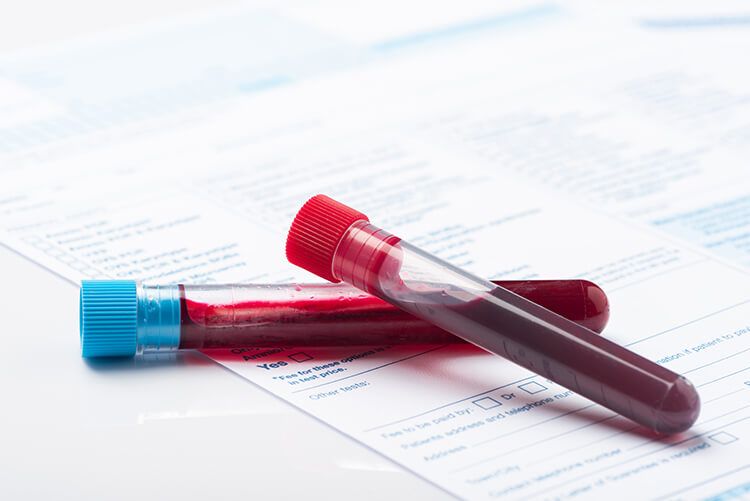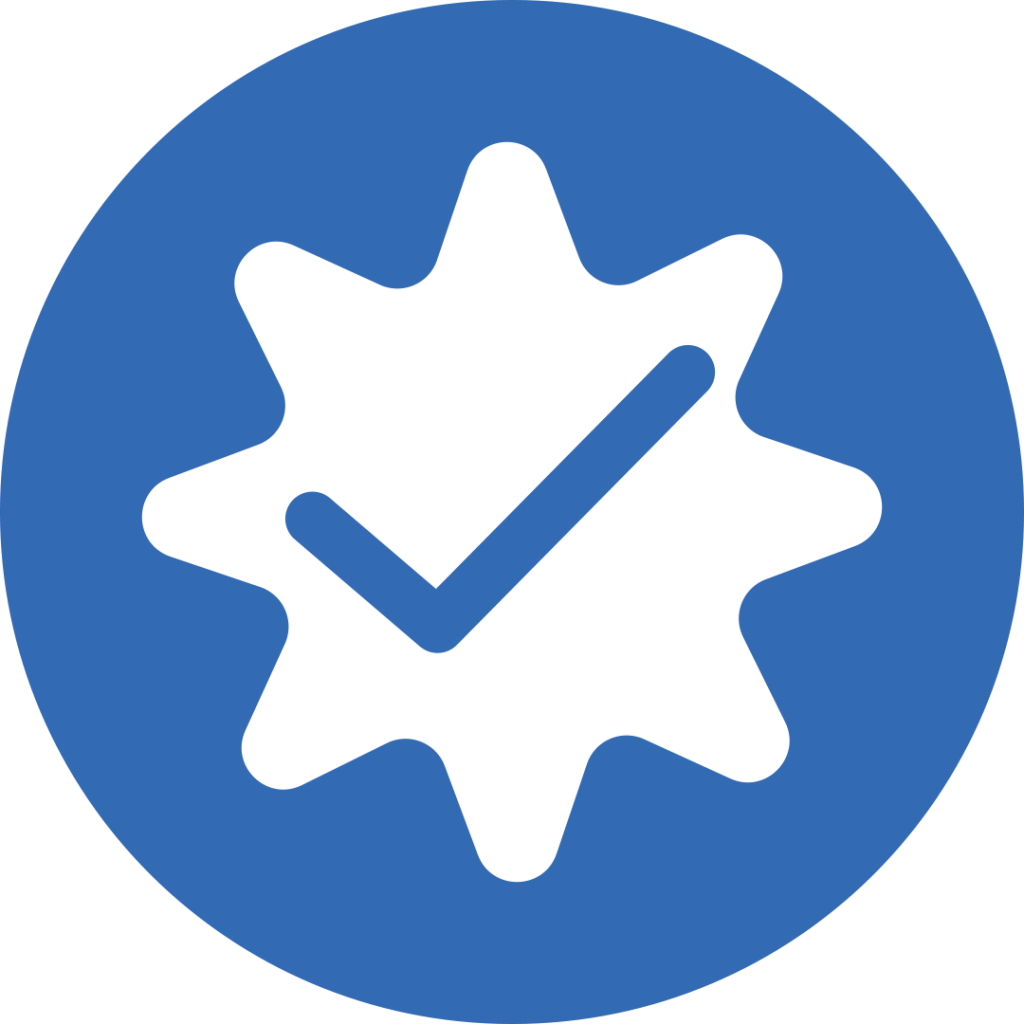
What is a biochemical test?
A biochemical test is an analysis of body fluids that detects dysfunctions of solid organs and metabolic disorders. Biochemical tests use biochemical methods to identify organic and inorganic compounds, such as cholesterol, triglycerides, and urea.
What does a biochemical profile show?
Biochemical tests can show the lack or excessive increase of a particular biochemical substance in the patient’s blood. As a result, they can indicate diseases or problems in the operation of some organs.
For example, elevated blood sugar levels could indicate the onset of diabetes. Similarly, elevated urea and creatinine levels could suggest kidney problems.
However, it should be highlighted that biochemical testing results are indications to be evaluated by the treating physician.
What type of biochemical tests does an annual check-up include?
Depending on the age and the medical history of the patient, an annual check-up can include the measure of the following biochemical substances:
- Blood sugar
- Urea
- Creatinine
- Uric acid
- Total cholesterol
- Triglycerides
- HDL cholesterol
- LDL cholesterol
- Atherogenic index of plasma
- SGOT transaminase
- SGPT transaminase
- Alkaline phosphatase (ALP)
- Gamma-glutamyl transferase (GGT)
- Creatine kinase (CPK)
- Total bilirubin (TBIL)
- Iron (Fe)
- Ferritin
- Calcium (Ca)
- Sodium (Na)
- Potassium (K)
- Magnesium (Mg)
Biochemical tests at PLUS diagnostic center
Equipped with a state-of-the-art biochemical analyzer, PLUS diagnostic center performs a wide range of biochemical tests daily.
For accurate and fast results, the team of PLUS uses the ROCHE INTEGRA 400 automatic biochemical analyzer.
The test results are reviewed by an experienced Medical Biopathologist, according to international reference values and the patient’s medical history.

Roche Integra 400
An automatic biochemical analyzer that can estimate 32 parameters simultaneously.

Validity
Internal quality control by well-trained professionals for valid results.
Frequently Asked Questions
Most biochemical tests require fasting of 8-12 hours. For this reason, blood samples should be taken in the morning.
Furthermore, some biochemical tests require three-day abstinence from alcohol or have other dietary requirements.
For more information, you can contact the front desk of the diagnostic center.
The blood sugar curve or glucose tolerance test is a lab test that checks the body’s ability to use glucose for energy production. It is used for the early diagnosis of diabetes or gestational diabetes.
The blood sugar curve is a blood test that is always performed in the morning (8-10 am). It requires special preparation on the part of the patient.
Specifically, the patient needs to follow a balanced diet containing at least 150 grams of carbohydrates per day, for three days before the test. In addition, he should not eat, drink, smoke or exercise vigorously for at least 8 hours before the sugar curve.
As soon as the patient arrives at the laboratory, a blood sample is taken from his peripheral vein. This measurement is the first value of the curve. The patient then drinks a glass of water, in which a certain amount of anhydrous glucose is dissolved.
The patient needs to stay at the laboratory for two more hours. During that time, two more blood samples are taken.